The auction house Il Ponte will put up for sale in a few days an extraordinary Renaissance manuscript: the Codex Santini, a piece of exceptional importance, the only one of the period to deal with the subject of machinatio remaining in private hands. Given the significance of the event, we tried to explore it in depth with Stefania Pandakovic, head of Books and Manuscripts at Il Ponte, with whom we also took stock of the market for ancient books. The interview is by Noemi Capoccia.
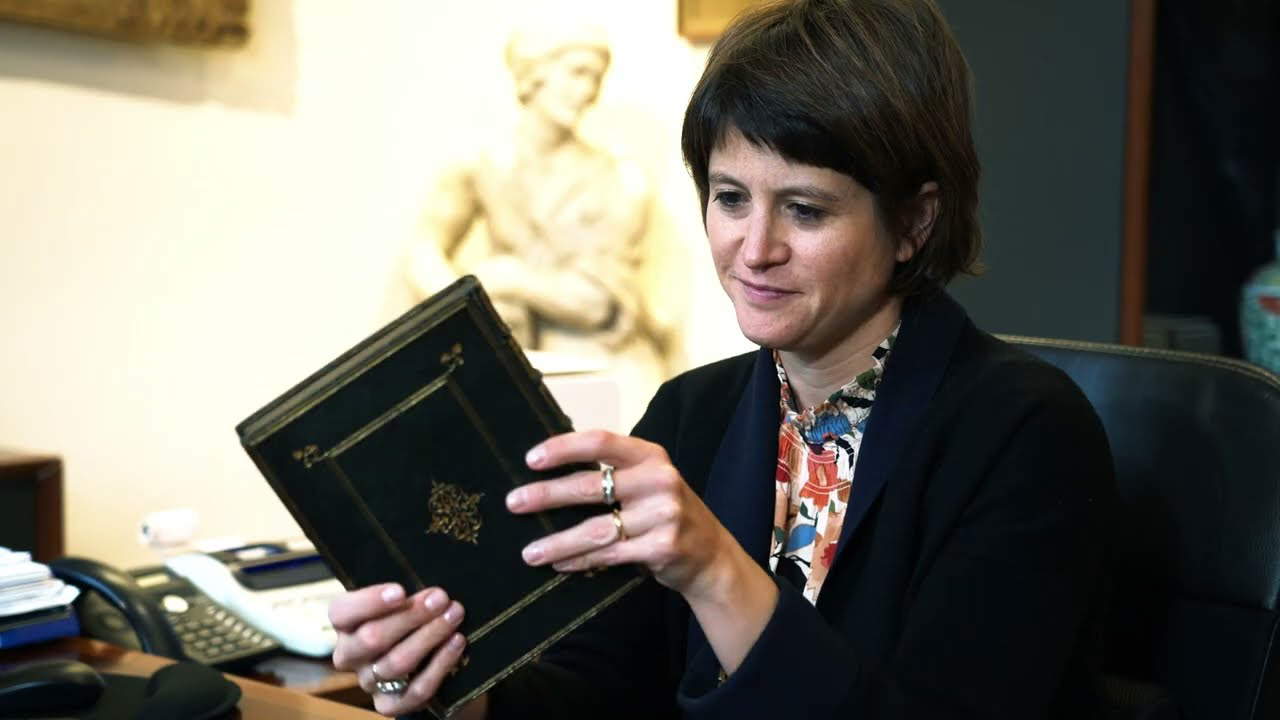
NC. Next February 27 a precious historical document of the Italian Renaissance will go up for auction, namely the Codex Santini, a manuscript from Urbino dating from the fifteenth to the sixteenth century that will be auctioned in the auction of Antique and Artist’s Books. How important is this manuscript for the cultural history of the time?
SP. We are talking about an incredible object. I’ve been working in this field for about 20 years and I’ve had the opportunity to deal with really very important volumes, but never like the Santini Codex. Besides being an aesthetically wonderful object, one has the feeling of having in one’s hands a piece of Italian Renaissance history, as well as a unique testimony to delve into what was happening in the world of engineering before Leonardo da Vinci. One has to consider that, to date, manuscripts dealing with the subject of machinatio of similar prestige are held in the British Museum, the Biblioteca Apostolica Vaticana and the Biblioteca di Medicea Laurenziana; therefore, the circulation of the Codex Santini represents a very rare and most likely unrepeatable event. Moreover, as an expert bibliophile, I find it extremely fascinating to know that the Codex will have to be the subject of numerous studies; indeed, there is still so much to be discovered, including the connection with the circle of Francesco di Giorgio Martini, a key figure for Leonardo himself, and author of both the famous Opusculum de Architectura and probable creator of the preparatory drawings to the seventy-two panels composing the Art of War Frieze for the Ducal Palace of Urbino, of which the Codex reports numerous drawings.
What is the satisfaction of presenting such an important object as the Santini Codex?
There is a feeling of working on something culturally very important. As operators in the market sector, it is a source of great pride and happiness for us to have contributed to the enhancement and preservation of such a prestigious work. Added to this satisfaction is the aspect of challenge: in fact, it is not easy to valorize on the market a work that is bound by cultural heritage and therefore subject to strong restrictions in the area of circulation, when also abroad it could increase its starting value tenfold. Obviously this aspect greatly penalizes participation by foreign collectors, but at the same time we took the opportunity to work side by side with distinguished experts in the field such as Prof. Pietro C. Marani (President of Ente Raccolta Vinciana) and Dr. Claudio Giorgione (Curator of the Leonardo da Vinci National Museum of Science and Technology), who supported us in a just valorization of the asset, stimulated by the goal of raising awareness of possible donors or distinguished institutions to participate in the auction.
Through your work you will have met many people in the field of collecting ancient texts. In your opinion what is the need for people today to collect ancient books? What is the typical profile of an antique book collector?
Bridge auctions are mostly attended by private buyers (70% of buyers) from different countries around the world starting with the US, UK, France and Germany; there is no shortage of Middle East, China, Japan and South America. Mainly the collectors have solid careers behind them as notaries, lawyers and doctors, driven by a passion for the subject, alongside industry professionals and collectors looking for rare pieces or those not available on the primary market.
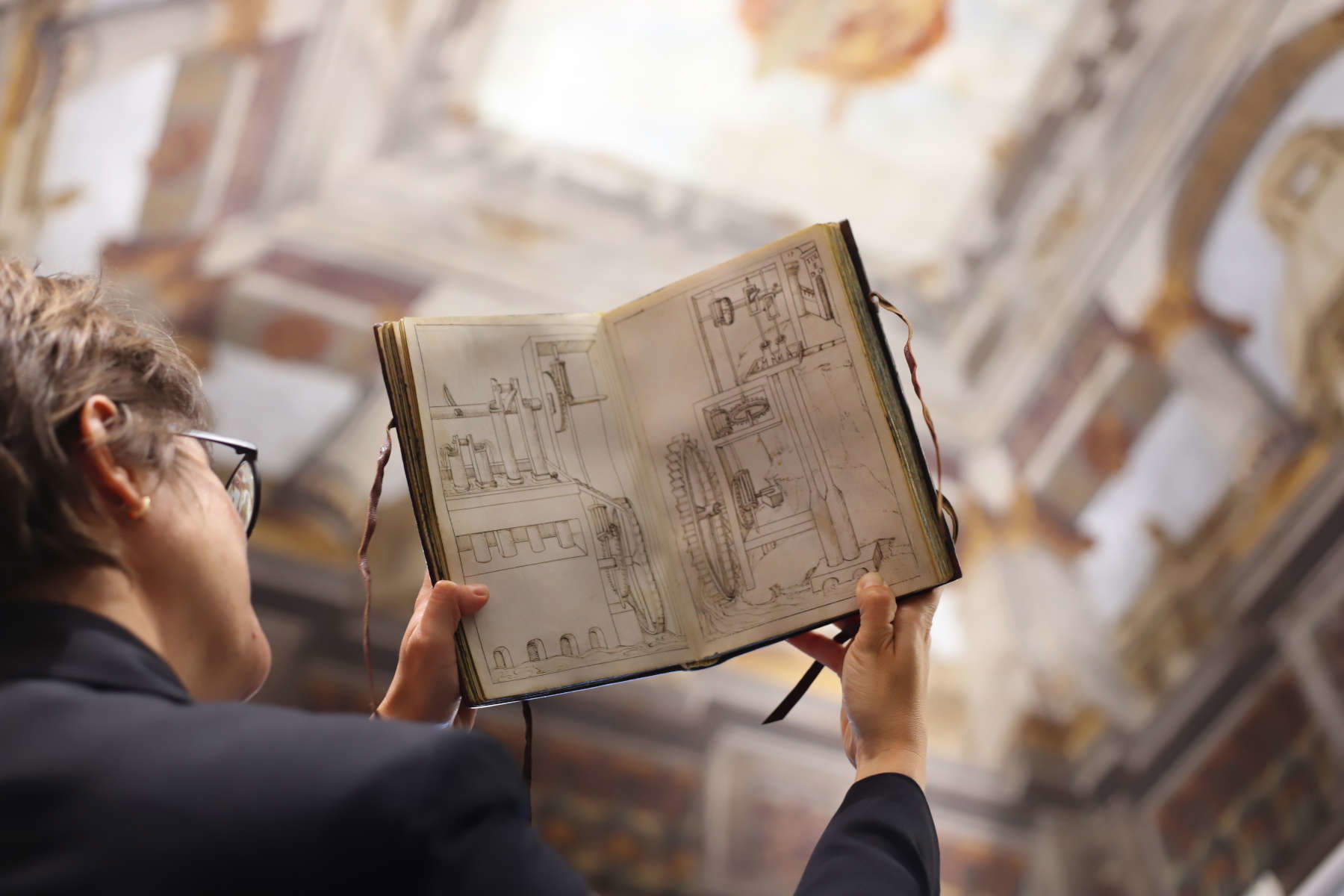
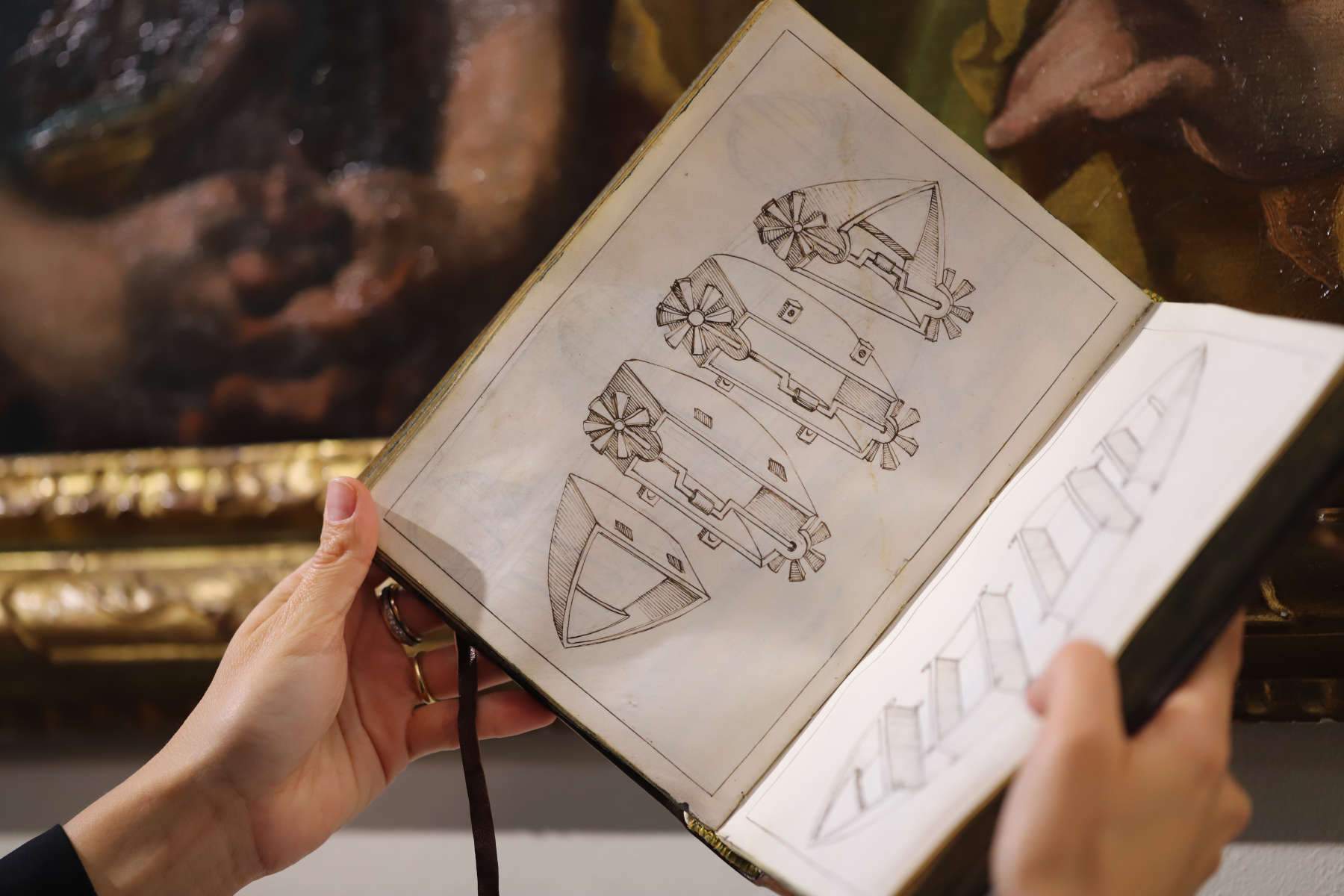
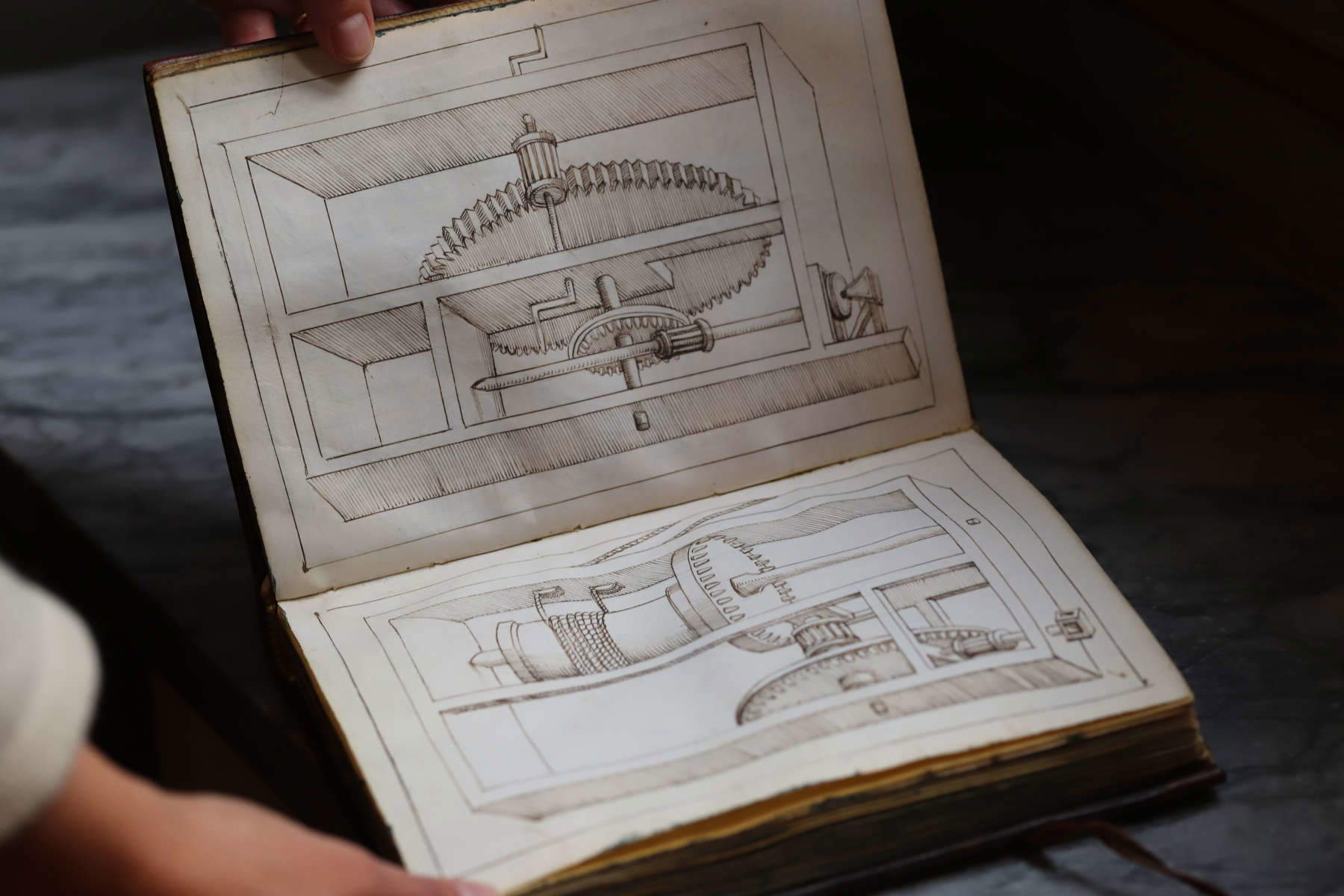
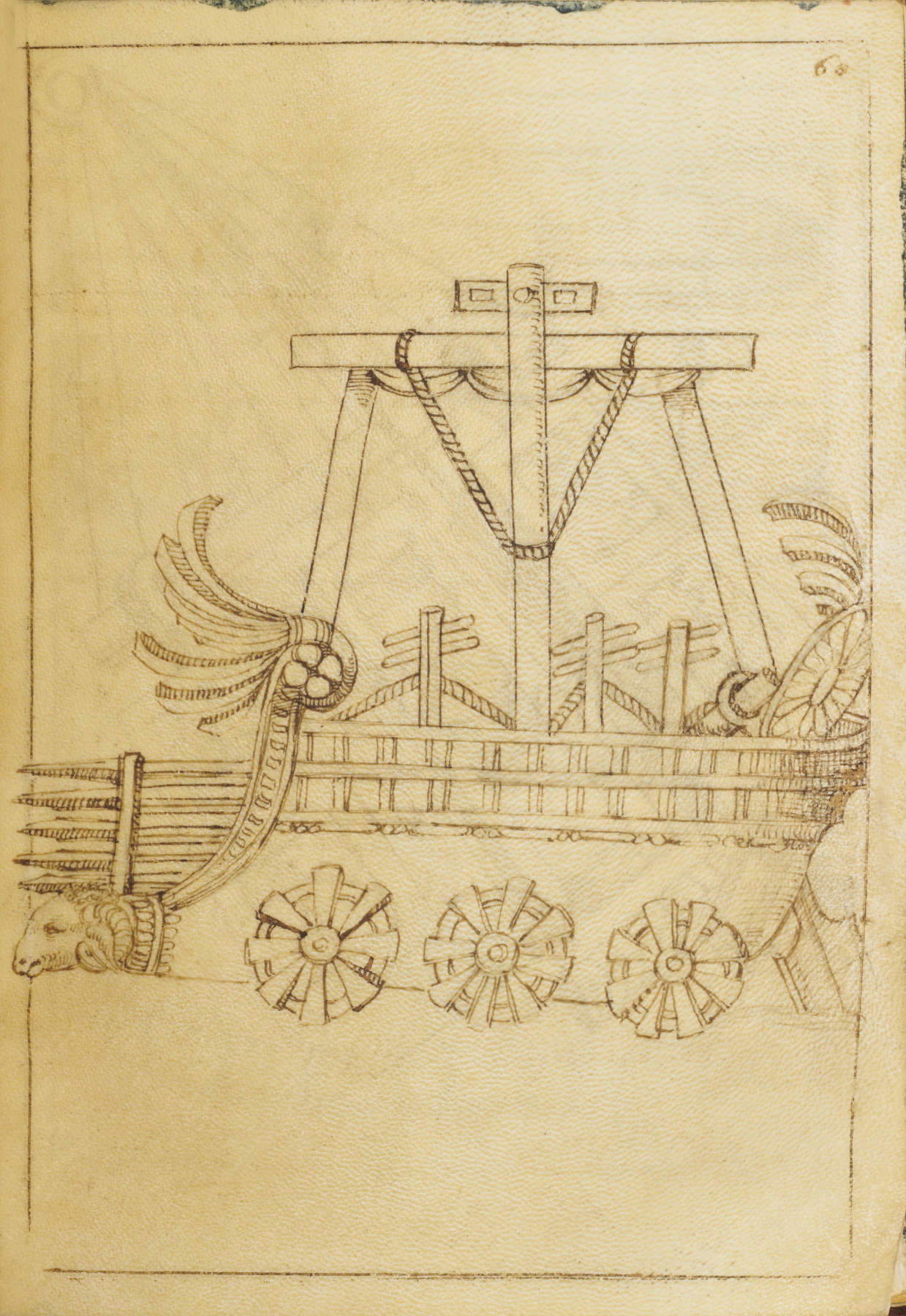
Does the connection we in Italy have with our roots (perhaps to the Renaissance if we think of the Santini Codex) matter when we think of collecting ancient texts? How much does our past influence the passion of bibliophiles?
Undoubtedly, this factor greatly affects it since we have an extraordinary wealth of material here in Italy. Among the most significant passions of bibliophiles are certainly books that can be traced back to the era of the beginning of printing, namely the height of the Renaissance.
What are the elements that determine the value of an ancient book?
Let us take precisely as an example the Codex Santini itself, which encompasses all the essential elements: its rarity (as previously mentioned, this is a unique opportunity to buy it because there are no similar volumes in circulation); its illustrious provenance (originally kept in the Library of the Montefeltro and Della Rovere families, and then passed down through Urbino families for five centuries); and finally, its exceptional condition (the manuscript is still preserved in its original binding and is made on parchment, a valuable and extremely durable material; the state of preservation is truly exceptional).
What are the characteristics of the antique book market in Italy to date?
In recent years we are observing a significant increase in participation by Italians in auctions. Usually in the market we pride ourselves on selling mainly abroad, but we are pleased to know that passionate Italian collectors are growing. Collectors are always looking for elements that can make books “unique.” Although the same title might be presented at auction several times in a short period of time, copies preserved in coeval and valuable bindings or those with a special provenance will have greater prestige.
What has changed in recent years for collecting ancient books as a result of their digitization, which is now accessible to all (such as Federico Zuccari’s plates of the Divine Comedy put online by the Uffizi Gallery)?
As for digitization itself, paradoxically it has had limited impact on the book collecting market. The collector wants to own the physical object, so the issue is not so much about being able to read or browse the book. What has really changed the market has been the Internet. Thanks to the Net, now with the click of a button it is possible to immediately assess the rarity of a book, both in terms of copies in libraries and those available on the market. This has created a clear division between books that were once considered rare and those that were more common. This has led to a decrease in prices for some books, while for others, which are truly unobtainable, it has led to an even greater increase in values.
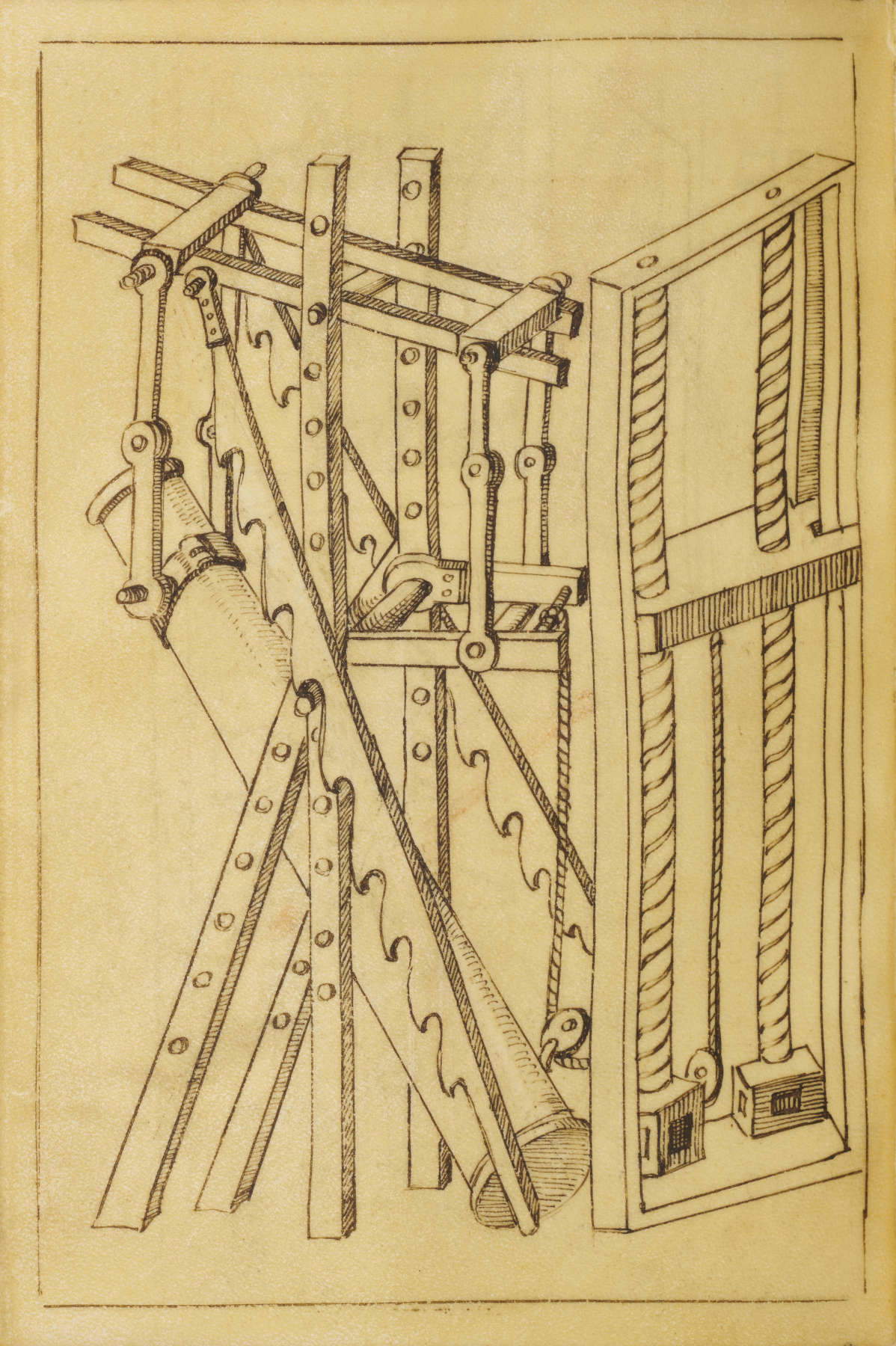
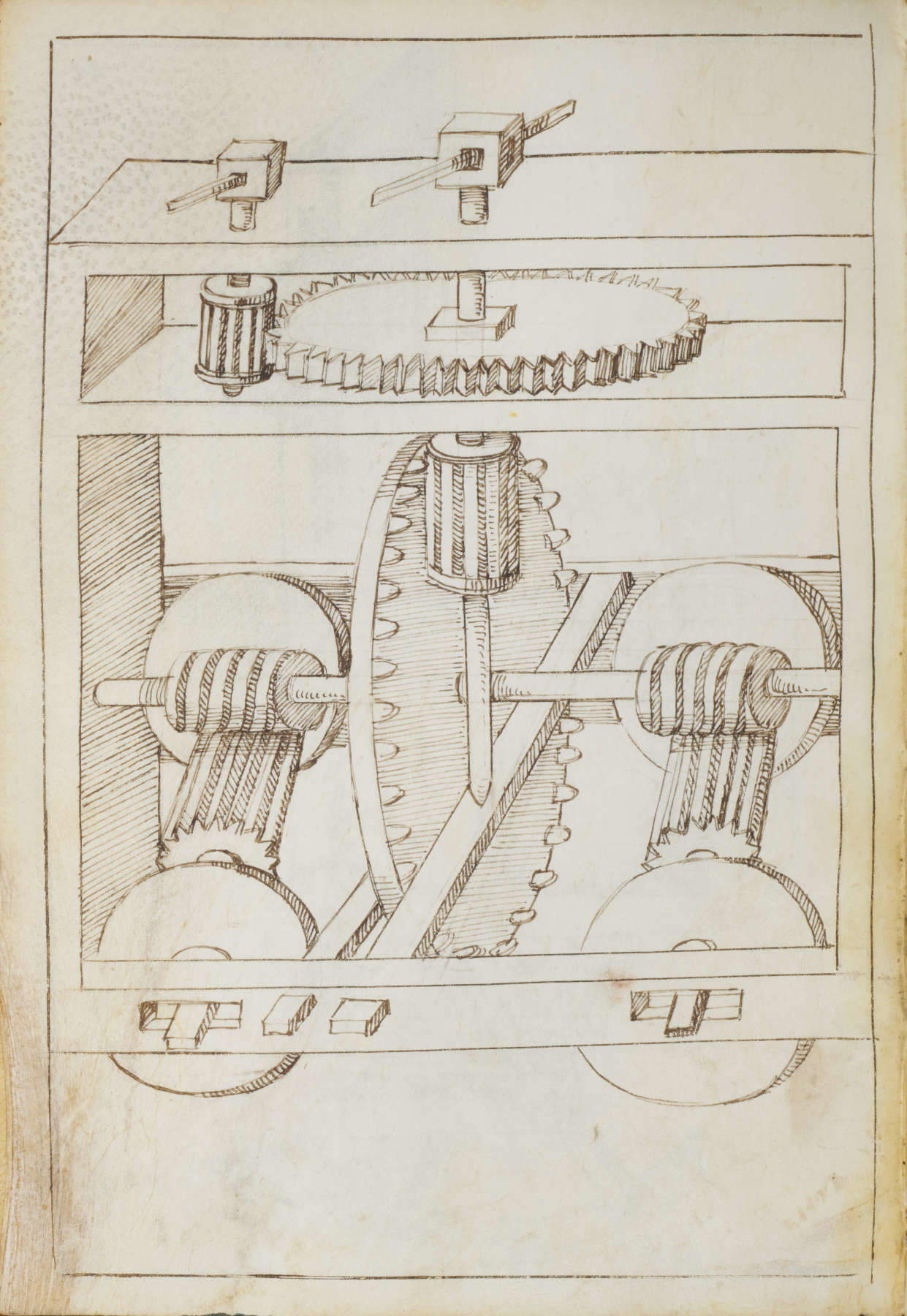
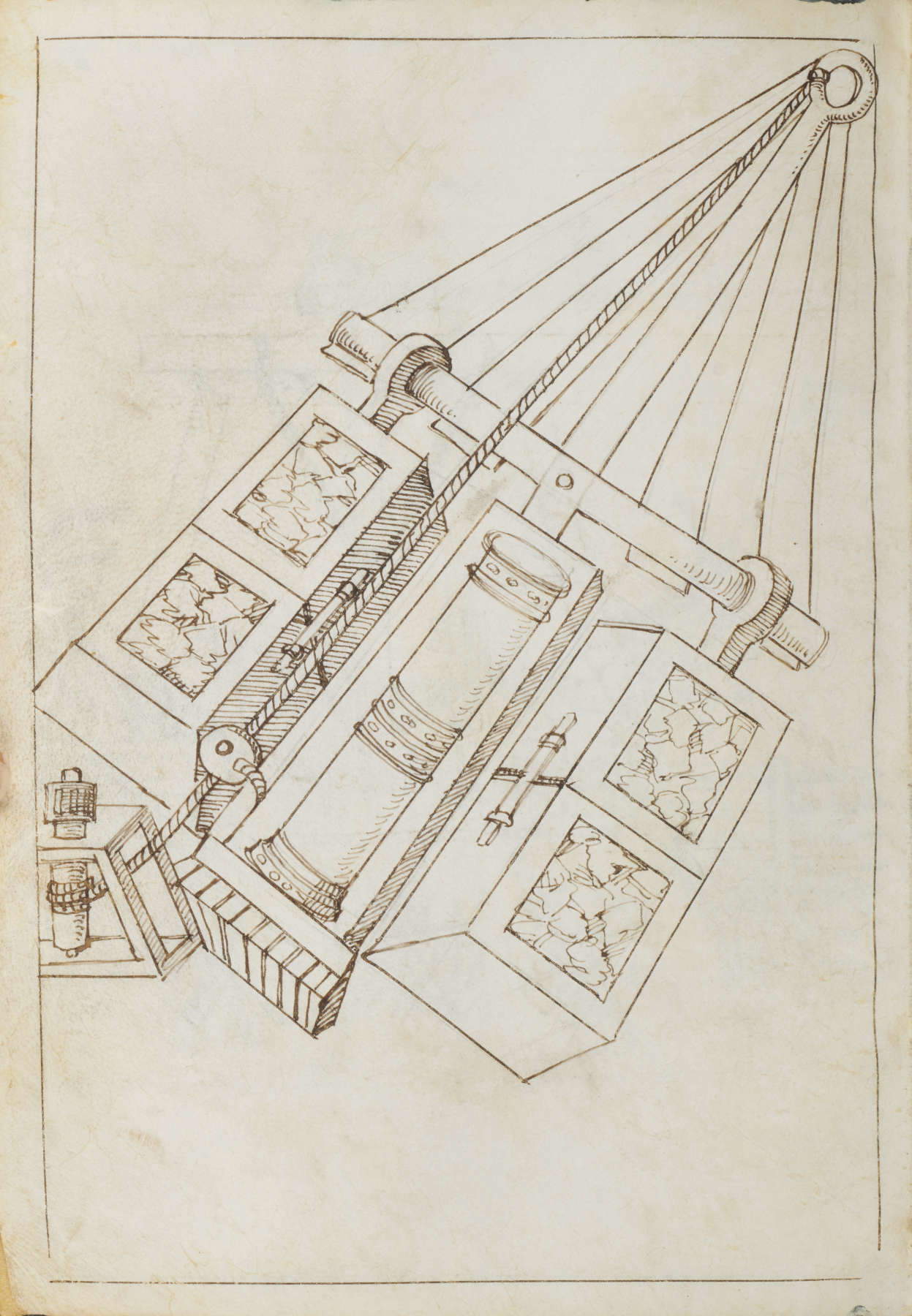
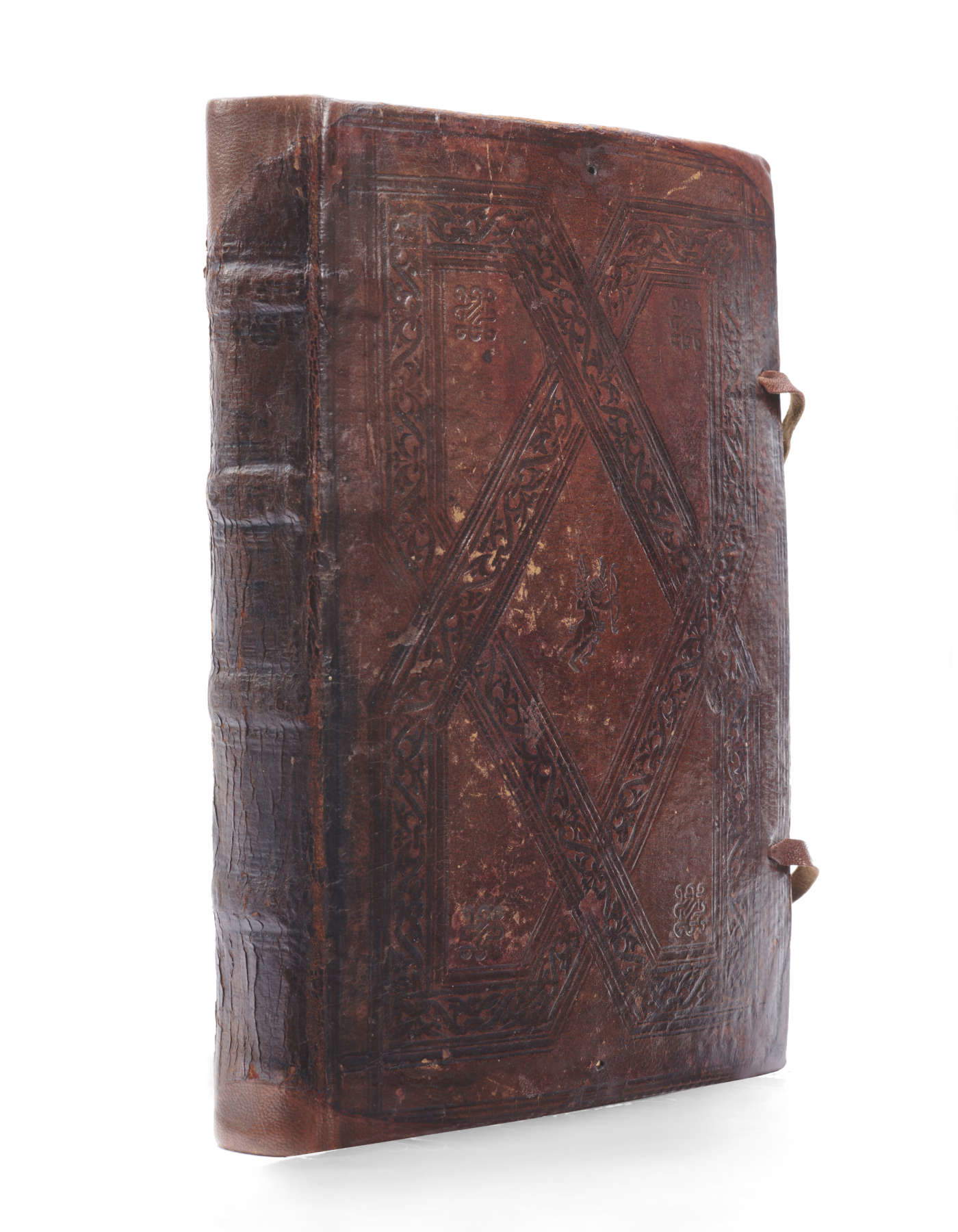
So can digitization push the public to purchase antique books?
Yes, of course.
In your opinion, what are the future prospects for collecting ancient texts?
It is clear that there is a trend toward the valorization of big names, both in terms of authors and significant events, momentous discoveries and events that have profoundly influenced the course of history. This category of works will be increasingly important and coveted in the marketplace. However, it is still a very niche sector, but in the future it may evolve and change even with the spread and ease of buying ancient books on the Internet. Of course, certain platforms obviously have their negative aspects, however, they certainly help to bring the public closer together.
What do you mean by negative aspects?
Online platforms often lack the presence of real experts who thoroughly study the material, present it with detailed descriptions and guarantee its authenticity. The lack of thorough vetting can be particularly problematic in the book market, as the slightest miss can cause value to plummet. The online market tends to be more casual, with experienced buyers likely to be disappointed in their purchase, and others who may treat the purchase as a pastime without bothering to find out more about the purchased item. This scenario is less regulated than auction houses, where everything is carefully controlled.

The author of this article: Noemi Capoccia
Originaria di Lecce, classe 1995, ha conseguito la laurea presso l'Accademia di Belle Arti di Carrara nel 2021. Le sue passioni sono l'arte antica e l'archeologia. Dal 2024 lavora in Finestre sull'Arte.Warning: the translation into English of the original Italian article was created using automatic tools. We undertake to review all articles, but we do not guarantee the total absence of inaccuracies in the translation due to the program. You can find the original by clicking on the ITA button. If you find any mistake,please contact us.